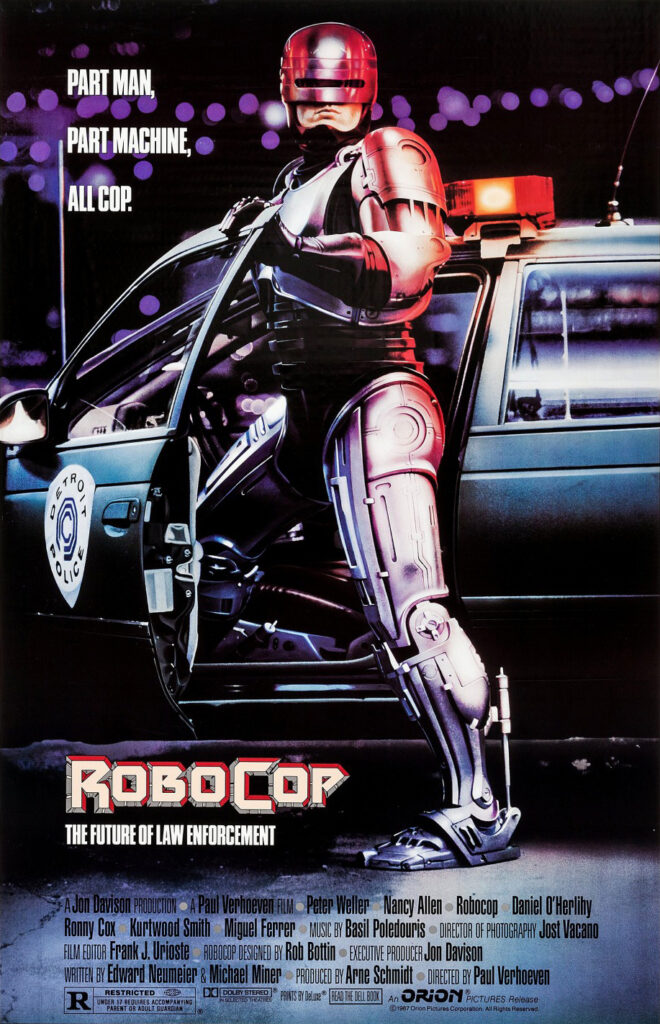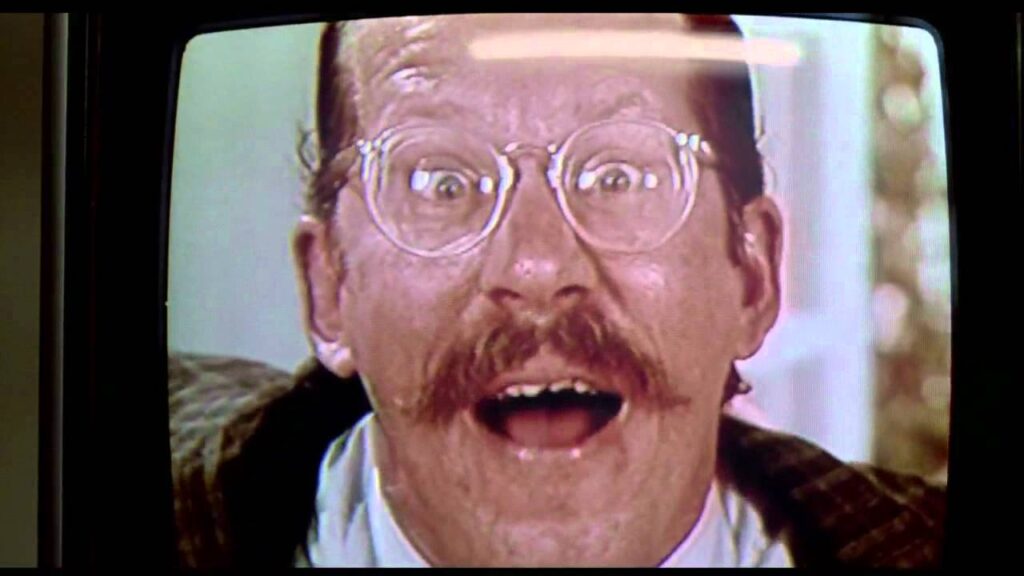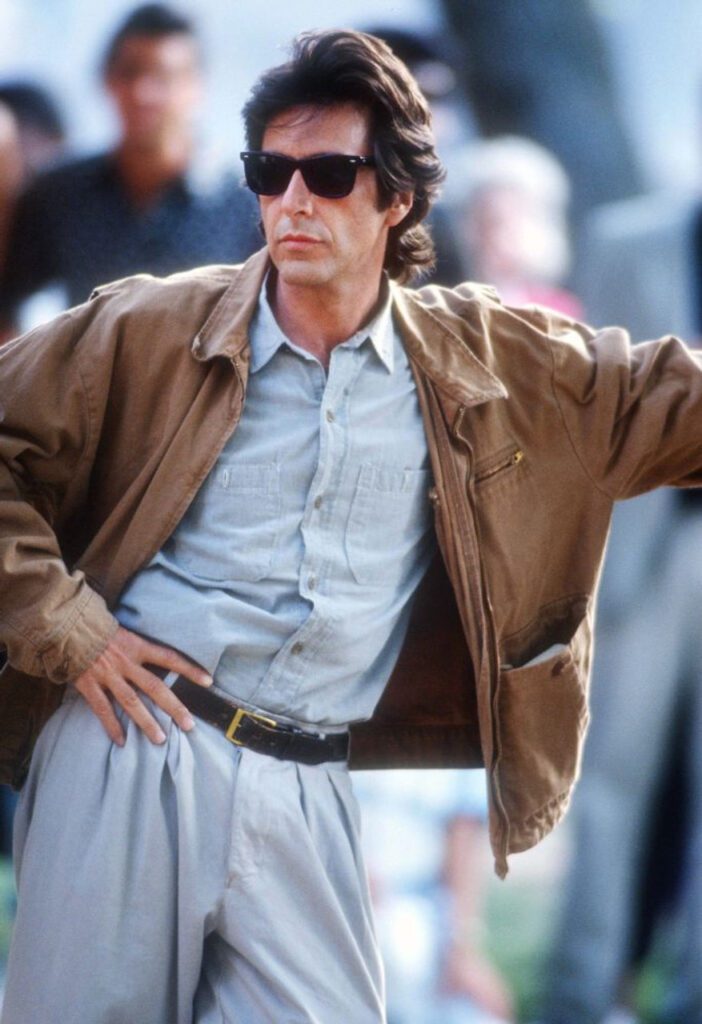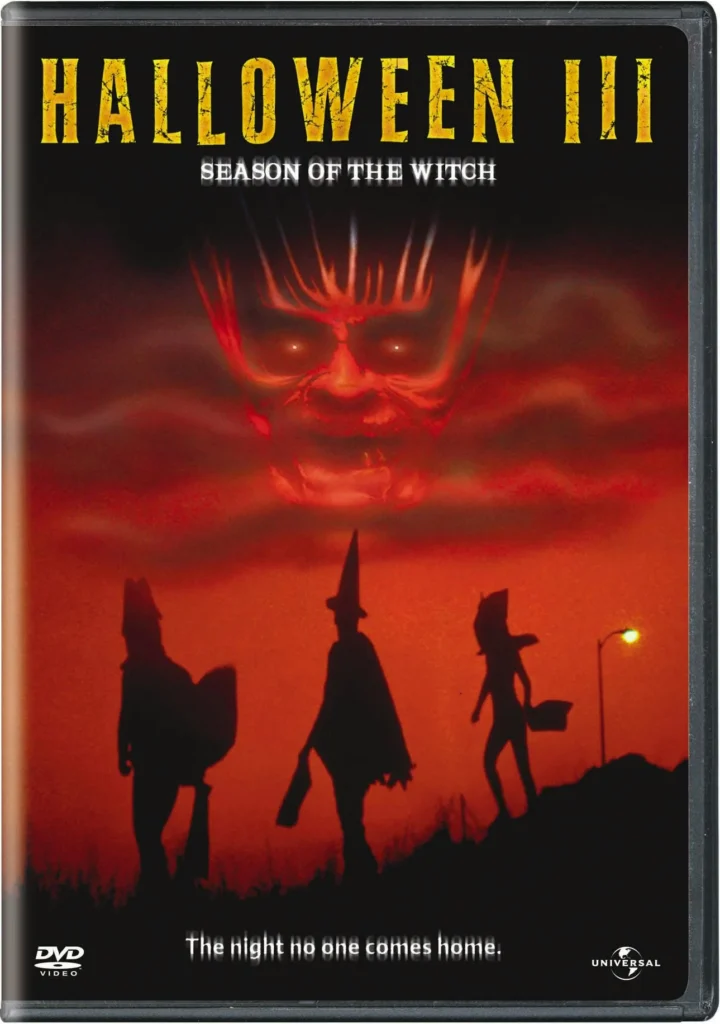“RoboCop” (1987) – A Mechanized Messiah in a Dystopian Landscape

In 1987, director Paul Verhoeven unleashed “RoboCop,” a futuristic action film that dared to mix visceral violence with a sophisticated layer of social commentary and satire. Its setting—a grim, crime-ridden Detroit of the near future—immediately plants the film squarely within the science fiction genre. Yet, for all its pulpy aesthetics, Verhoeven’s work is a heady cocktail of satire and cautionary tale, providing an unexpectedly profound commentary on the nature of law enforcement, the corporatization of public services, and the ethical complexities of technological advancement.
Character Transformation and Humanity
From the very start, Verhoeven anchors the emotional narrative of the film in Alex Murphy, a cop freshly transferred from a quieter district to the hellish landscape that is dystopian Detroit. Actor Peter Weller delivers a performance that transitions smoothly from the cheerful optimism of Murphy to the stoic, voice-modulated RoboCop. His transformation—both physical and psychological—becomes the heartbeat of the film.
The scene where Murphy is brutally murdered by Clarence Boddicker and his gang is gut-wrenching and visceral. The violence is not just for shock value; it serves as a poignant contrast to what follows—Murphy’s transformation into RoboCop, the steel-skinned, unfeeling law enforcer. As the newly minted RoboCop, Murphy becomes a cog in a corporation’s grand plan. Yet, flashes of his past life flicker throughout the movie, humanizing what could have easily been a one-dimensional character.
Social Commentary and Satire
The world-building in “RoboCop” is nothing short of extraordinary. OCP, the fictional mega-corporation that essentially runs Detroit, plans to replace the city with a Utopian community called Delta City. However, the skyrocketing crime rate stands in the way. The company’s solution? Privatizing the police force and developing mechanized law enforcers. This sets the stage for an almost sardonic take on the corporatization of public utilities. The satirical tone reaches a pinnacle in the “boardroom scene,” where the rival ED-209 enforcement droid malfunctions in a deadly manner, leaving an executive dead. The company’s response is not horror but a discussion of “glitches” and liability—a biting commentary on corporate insensitivity.
Throughout the film, Verhoeven intersperses the narrative with faux news broadcasts and commercials, a stylistic choice that contributes an additional layer of satire. The news segments reflect a world teetering on the edge of catastrophe, while the consumer ads are disturbingly upbeat. This stark contrast adds texture to the film’s underlying messages about media manipulation and social apathy.
Ethical Complexities
The character of Bob Morton, the ambitious OCP executive behind the RoboCop project, serves as the moral grey area of the film. On one hand, Morton exploits Murphy’s life-ending tragedy for corporate gain. On the other hand, his invention does effectively combat crime. This duality encapsulates the film’s ethical dilemma—does the end justify the means? Are we willing to relinquish human policing for mechanized efficiency? These questions remain chillingly relevant in our current era of growing artificial intelligence capabilities and debates over police reform.

Visual and Technical Brilliance
From a technical standpoint, “RoboCop” was ahead of its time. The special effects, makeup, and animatronics contribute to a visual feast that has surprisingly aged well. Rob Bottin’s work on RoboCop’s suit remains iconic, encapsulating the amalgamation of man and machine. The shootout scenes, especially the climactic confrontation at the OCP headquarters, are choreographed with both flair and gritty realism.
Legacy
“RoboCop” is not just another action film; it’s a multi-layered narrative rich in symbolism, moral quandaries, and social critique. Even the title character serves as a messianic figure, with motifs of death and resurrection that contribute to the film’s underlying theme of humanity lost and regained. Amidst its chaos and ultra-violence, the film poses profound questions about the path society chooses when convenience and fear override ethical considerations.
In summary, “RoboCop” delivers a high-octane, cinematic experience that also stimulates intellectual engagement—a rare feat in filmmaking. It holds a mirror to society’s darker aspects, presenting them in a heightened, almost satirical manner that makes the pill a little easier to swallow but leaves a lingering, thought-provoking aftertaste. This combination of entertainment and introspection ensures “RoboCop” remains not only a cult classic but also a significant cultural artifact.




